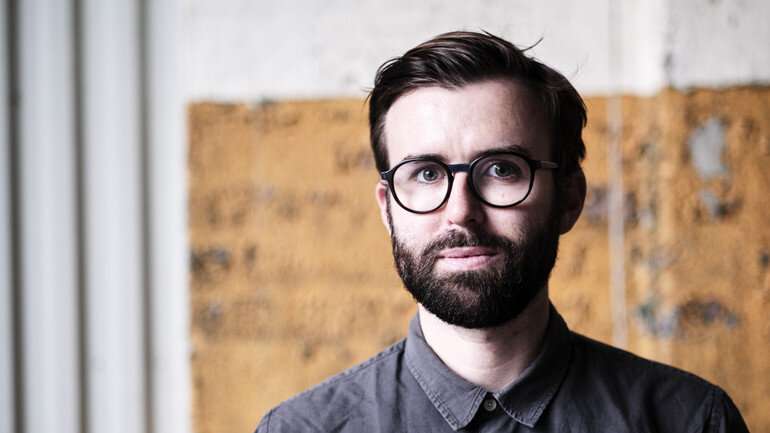Johan Farkas. Credit: Malmö University
Falsehoods, rumors and conspiracy theories thrive during a crisis, and even more when the crisis revolves around a threatening disease. The combination of these two factors in a digital age is a dangerous cocktail, says a Malmö University researcher.
Johan Farkas is a Ph.D. student in Media and Communication Studies, and specializes in digital propaganda and misinformation.
Misinformation is spreading quickly during the corona virus outbreak. Malicious actors exploit this situation, for example by spreading conspiracy theories for political gains, or impersonating public health authorities in order to commit fraud.
In a recent global survey, more than 70 percent of respondents said they worry about fake news and false information about the virus outbreak. 45 percent find it difficult to source reliable information about the virus.
The study was conducted in March in Brazil, Canada, France, Germany, Italy, Japan, South Africa, South Korea, the United Kingdom, and the United States as part of the Edelman Trust Barometer.
What can we do then? As individuals, we should be extra careful about checking sources of information on social media. We can also help our network by sharing the latest guidelines from health authorities. At the same time, it is very important that authorities prioritize clear communication and keep citizens updated with visible and easily accessible information, says Farkas.
"Just as we should be proactive in stopping the spread of infection, we must be proactive in preventing the spread of rumors and misinformation. Authorities have to prioritize clear communication, focus on reaching out to all target groups, and pay attention to whether falsehoods starts circulating on social media," he adds.
The Swedish Civil Contingencies Agency (MSB) has emphasized that communication is crucial to enable those in Sweden to reduce the spread of infection. In the absence of a vaccine, we have communication, said Morgan Olofsson, communications director for MSB.
"Millions of people are searching for COVID-19 information right now. It is crucial that credible information is visible online. Tech companies and democratic governments of the world have to work together on this. This way we can counteract the amount of misinformation," says Farkas.
Provided by Malmö University
























